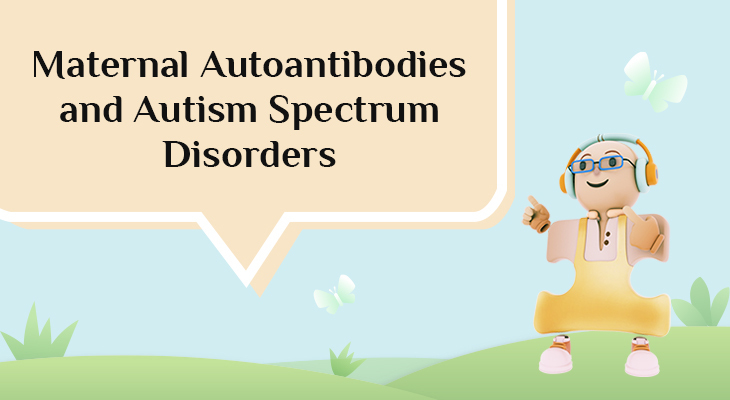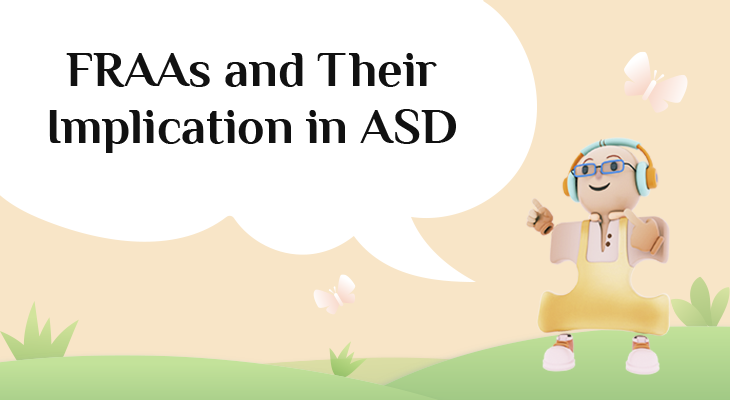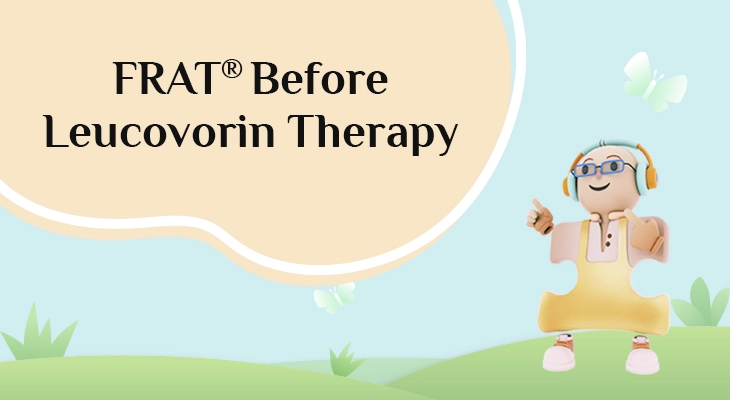
Introduction
Maternal autoantibodies are immune proteins (antibodies) produced by a mother’s immune system that mistakenly target her own proteins (self-proteins) or fetal proteins during pregnancy. Unlike normal antibodies that fight infections, autoantibodies can disrupt biological processes, including fetal brain development.
Such autoantibodies are a relatively new discovery, and research continues into this area.
Some key features of maternal autoantibodies are that they are related to an autoimmune origin. Normally, the immune system avoids attacking the body’s own tissues, however, in some cases, this system fails, leading to autoantibodies that bind to self-proteins.
There is evidence that maternal autoantibodies can transfer to the fetus. During pregnancy, maternal IgG antibodies (including harmful autoantibodies) cross the placenta to reach the fetus. If these autoantibodies react with fetal brain proteins, they may interfere with neurodevelopment.
Certain maternal autoantibody patterns (e.g., anti-CRMP1, anti-LDH) have been associated with autism spectrum disorder (ASD) and other neurodevelopmental conditions.
Emerging research suggests that certain maternal autoantibodies (antibodies that mistakenly target a mother’s own proteins) may cross the placenta during pregnancy and interfere with fetal brain development, potentially increasing the likelihood of having a child with autism spectrum disorder (ASD). Here’s what we know so far:
1. Autoantibodies Targeting Fetal Brain Proteins
- Some mothers of autistic children produce autoantibodies that react against proteins critical for neurodevelopment, such as:
- LDH (Lactate Dehydrogenase)
- STIP1 (Stress-Induced Phosphoprotein 1)
- CRMP1 (Collapsin Response Mediator Protein 1)
- GDA (Guanine Deaminase)
- These autoantibodies may disrupt neural migration, synaptic formation, and other key developmental processes.
2. Maternal Autoantibody-Related ASD (MAR-ASD)
- A specific pattern of maternal autoantibodies (reacting to combinations of the above proteins) has been linked to a higher likelihood of ASD in offspring.
- Studies estimate that ~10-20% of autism cases may be associated with these maternal immune factors.
3. Mechanism of Action
- During pregnancy, maternal IgG antibodies cross the placenta.
- If these antibodies mistakenly target fetal brain proteins, they could alter neurodevelopment.
- Animal studies (e.g., injecting these autoantibodies into pregnant mice) have resulted in offspring with ASD-like behaviors.
4. Supporting Evidence
- A 2023 study in Translational Psychiatry found that specific maternal autoantibody profiles were significantly more common in mothers of autistic children.
- Earlier work by the UC Davis MIND Institute identified MAR-ASD as a distinct subtype of autism.
Although the current research is promising, there are several limitations. Not all mothers with these autoantibodies have autistic children, and not all autism cases are linked to this mechanism. Environmental factors (infections, toxins) may interact with immune responses. More research is needed to confirm causality and develop potential screening or interventions.
There are many questions as to why these maternal antibodies may occur. Some possible causes may be related to:
- Genetic Predisposition
- Some women may have immune systems more prone to producing these autoantibodies.
- Environmental Triggers
- Infections, toxins, or stress during pregnancy might trigger autoantibody production.
- Molecular Mimicry
- A mother’s immune response to an infection might mistakenly attack similar-looking fetal proteins.
Since maternal IgG antibodies can cross the placental barrier and reach the fetus, an important question arises: Do folate receptor autoantibodies—which are also of the IgG class—similarly impact fetal development? Folate receptor autoantibodies may affect proper folate transport, leading to a potential type of folate deficiency. FRAT® detects folate receptor autoantibodies. With this in mind, further research in folate receptor autoantibodies and a possible maternal/fetal connection is critical.
Reference
- https://www.nature.com/articles/s41398-023-02335-3#:~:text=Maternal%20brain%2Dreactive%20Abs%2C%20present,and%20their%20mechanisms%20of%20pathogenicity
- https://pmc.ncbi.nlm.nih.gov/articles/PMC4776649/#:~:text=Findings%20from%20this%20study%20confirmed%20the%20gestational,those%20recognizing%20the%2039%2DkDa%20and%2073%2DkDa%20antigens.



